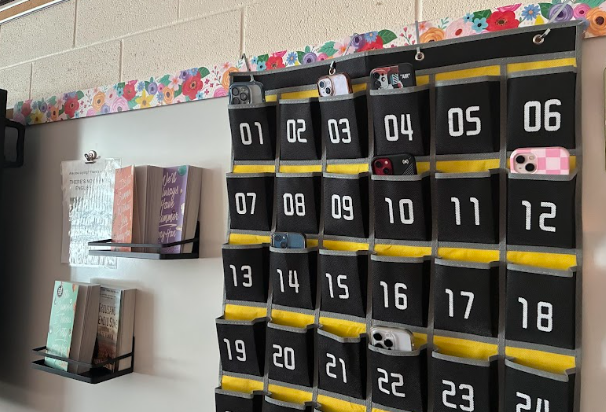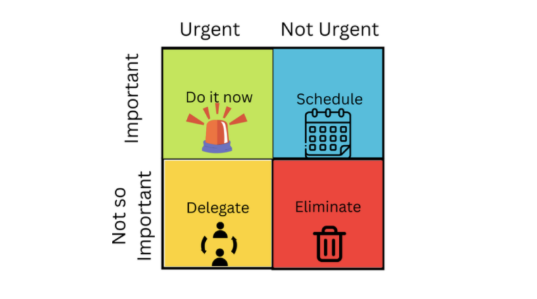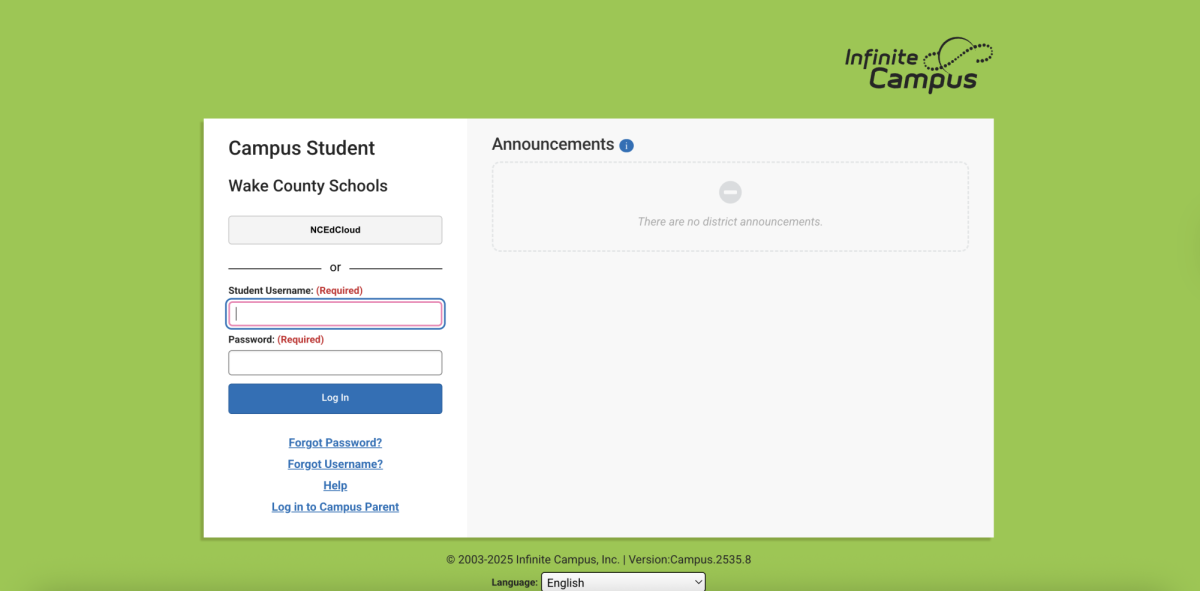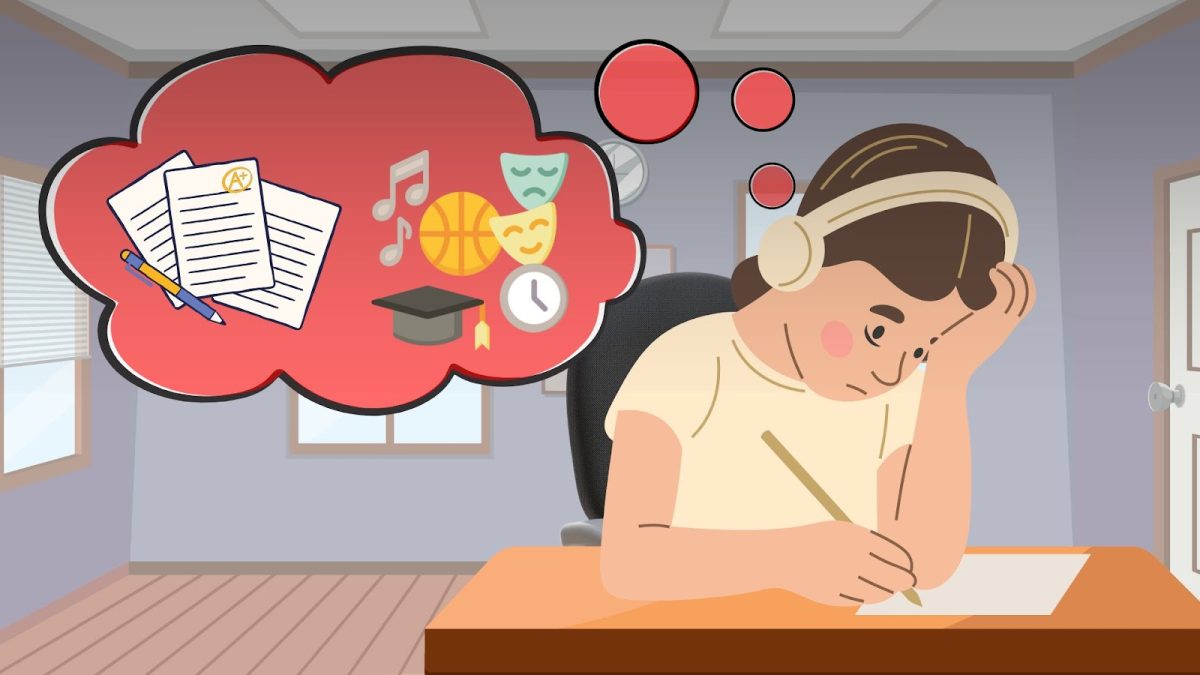Balancing both work and school at one time is one of the biggest problems faced by many students. With homework, tests, extracurricular activities and work shifts, students are frequently running in different directions, trying their best to perform well in each activity. To avoid burnout, time management strategies will help students to be organized and complete all the tasks successfully.
As of 2023, studies, about 22.5 percent of high schoolers are employed. Working teaches responsibility, independence and gives first-hand experience in the real world with financial learning about budgeting and taxes. However, if both are not balanced, it will lead to stress burnout easily. Below are tips and tricks for increased organization.

Making a schedule
The most effective way to manage time is to track where your hours are going. By tracking school hours, work shifts, assignments, tests, homework and meals, it will help you to find many free pockets where you can rest, helping you organize your time and prevent you from wasting it using social media.
Prioritizing your tasks
Not all tasks carry the same weight, so keeping your focus on the important task first will help you complete your tasks more efficiently. Using the Eisenhower matrix might be helpful to create a manageable timetable. This matrix helps you to prioritize what’s important to do right now, schedule what is important but important, delegate what is urgent but not important and lastly delete what is not important and not urgent.
Communicate with employers and teachers
Communication is the most important component of building a balanced schedule. Communicating with your manager about cutting hours when you are struggling with school work or finals week will allow you to focus more on studies, rather than juggling between two hectic schedules. Similarly, notify your teachers if any extra/out of school activities conflict with your work schedule where you’re able to postpone it to a favorable time.
Maintain good mental and physical health
Time management is not just managing your school and work schedules, but your personal well being as well. You should aim for consistent sleep of around 7-8 hours, with a balanced diet and exercise, which will help to reduce the burnout from work and school.
Set boundaries and learn to say no
Getting extra money or doing a lot of extra curricular activities to look good for college apps might be tempting, but will lead to more fatigue and burn-out, decreasing your overall performance. Learning to say no helps to protect your time, prioritize your task rather than others, which allows you to invest your time to focus with truly what matters most.
Effective balance between job and school requires both discipline and planning. Creating structured schedules, prioritizing tasks, communication and good health can help students ace their academics with being involved in gaining valuable work experience.


















































































